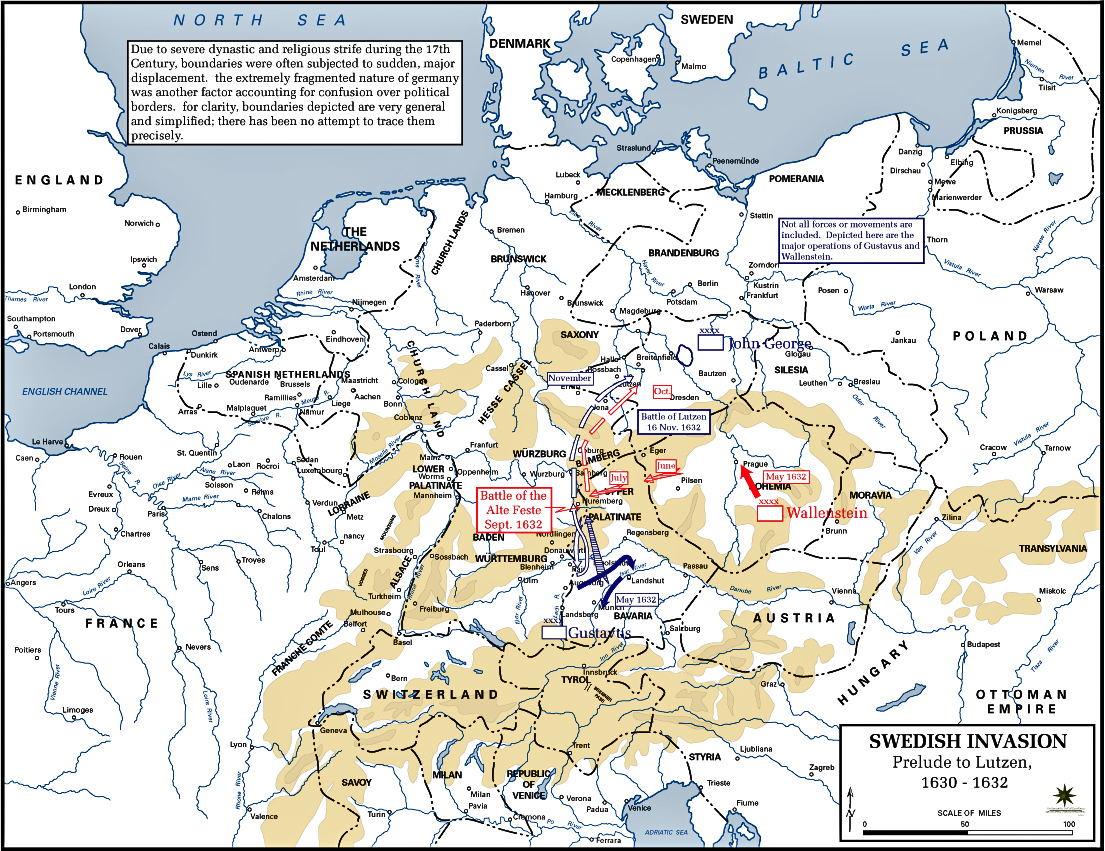France was the real victor in the Thirty Years’ War, acquiring lands on its northeastern frontier. In a postscript to the main conflict, it continued fighting with Spain until the Treaty of the Pyrenees in 1659, securing additional territories. Prospering economically, France was ready for further expansion when the young and ambitious Louis XIV began his personal rule in 1661.
Louis hoped to complete the gains of 1648 and 1659 and secure France’s “natural frontiers” along the Rhine and the Alps. As his sense of confidence grew, he waged a mercantilist war against France’s major economic competitors, Holland and England. At the height of his prestige, Louis probably wanted to revive the multinational empire that Charlemagne had ruled nine hundred years earlier. He was also keenly aware of cultural imperialism, and he wanted the French language, French taste in the arts, and French customs to spread their influence over Europe.
Louis XIV and his talented experts fashioned splendid instruments to support this aggressive foreign policy. In 1661 half a dozen men made up the whole ministry of foreign affairs; half a century later it had a large staff of clerks, archivists, coders (and decoders) of secret messages, secret agents, and great lords and prelates who lent their dignity to important embassies.
The growth of the French army was still more impressive, from a peacetime force of twenty thousand to a wartime one almost twenty times larger. Louis and his lieutenants almost revolutionized the character of France’s fighting forces. At the ministry of war the father and son team of Le Tellier and Louvois grouped regiments in brigades under a general to bring them under closer control.
They also introduced two new ranks of officer, major and lieutenant colonel, to give more opportunity to talented commoners; these new commissions were awarded only for merit and were not available for purchase, like the ranks of colonel or captain. Supplies were more abundant, pay was more regular, and an effort was made to weed out the lazy. The inspector general of infantry, Jean Martinet (d. 1672), was so rigorous in drilling and discipline that his name added a word to the modern vocabulary.
The armies showed particular strength in artillery, engineering, and siege techniques, all important in the days when armies moved ponderously and did much fighting in the waterlogged Low Countries. The French boasted an engineer of genius, Marshal de Vauban (1633-1707), of whom it was said that a town he besieged was indefensible and a town he defended was impregnable. And though military medical services remained crude and sketchy, a large veterans’ hospital, the Hotel des Invalides, was built in Paris.

